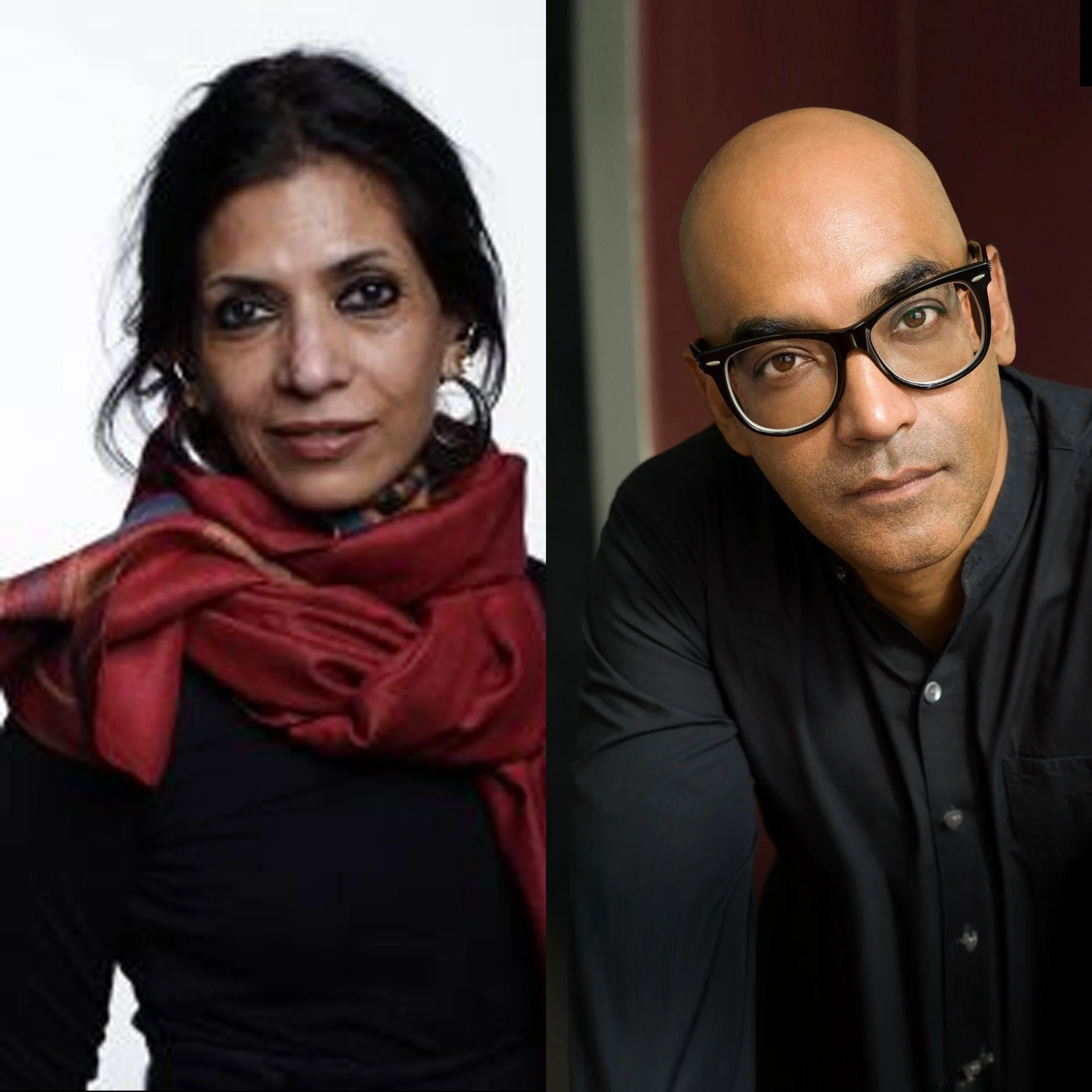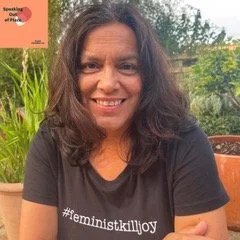What Do the June 2024 Elections in India Mean? with Angana Chatterji & Siddhartha Deb
/What Do the June 2024 Elections in India Mean?
I think that the 2024 national elections in India signaled a slowdown in its slide into authoritarianism, but did not halt it. The BJP (Bharatiya Janata Party) and the ways in which it secured votes merit analysis. In his June 4th victory speech, Narendra Modi's rallying cry was "Bharat Mata Ki Jai" (Hail to Mother India), a slogan promoted by Hindu nationalists. It objectifies and feminizes the state, linking control over women and control in general to nationalist assertion. "Bharat Mata" is also associated with "Akhand Bharat," or undivided India, the once and future homeland of Hindus. Modi did not show humility in his speech. Instead, he emphasized the exceptionalism of a third consecutive win, stating, "I believe that the country will write a new chapter of big decisions. This is the Modi guarantee." Nevertheless, he also talked about his government's efforts to weed out forms of corruption, which is ironic given the BJP's recent collusion in the electoral bond scandal.




